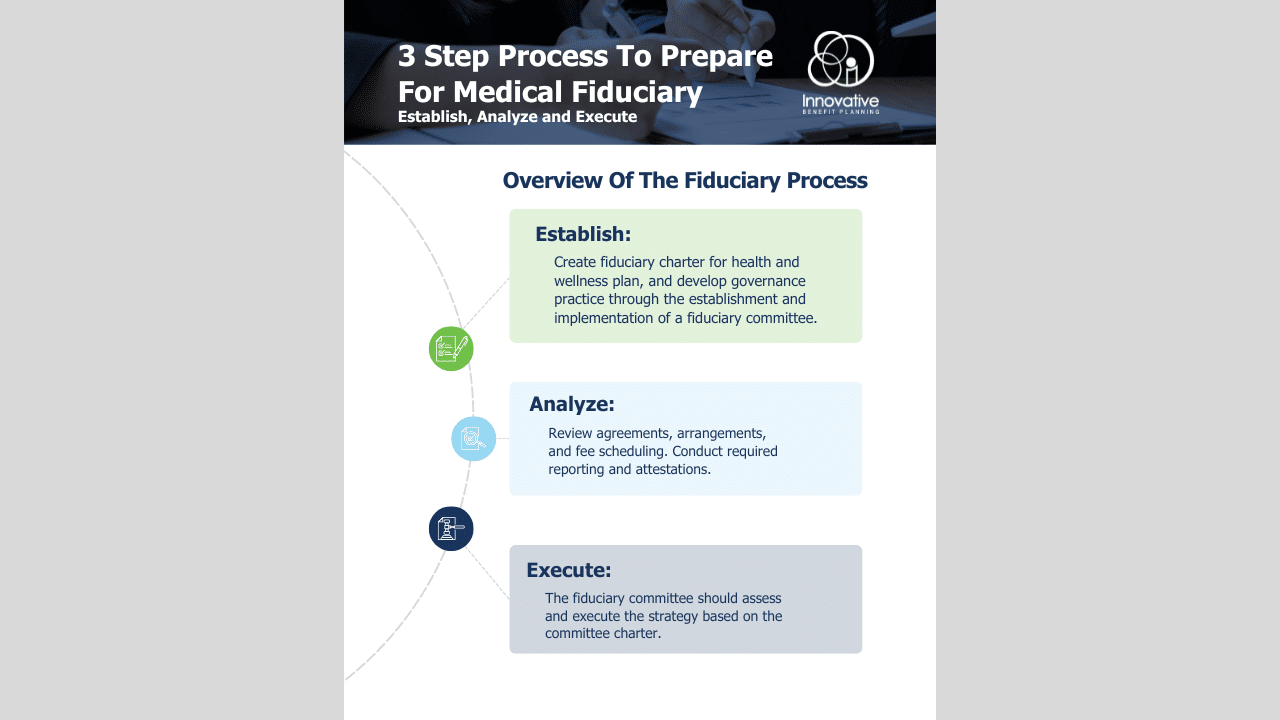Determining how many employees you have is important for several purposes under the Patient Protection and Affordable Care Act (PPACA). So far, no final rules have been issued, but on Aug. 31, 2012, the regulatory agencies issued safe harbors for 2014 on several key issues. The agencies have also provided some indications of what they are considering on other issues relating to the employee identification issues.
The notices (IRS Notice 2012-58 and Notice 2012-59) follow prior thinking on how new and existing (“ongoing”) employees who have a stable work schedule will be handled. Significant additional flexibility has been provided to those employers with seasonal and variable hours employees, but with the flexibility has come a great deal of complexity. Many employers will not need to explore all of the available options; therefore, this piece deals with the more straightforward situations first.
Details are still needed on several other factors that impact whether an employee will need to be counted.
Who is considered an “employee”?
The agencies have stated that they will likely define an employee as a “common-law employee.” This means, for example, that independent contractors, directors and partners likely will not count.
Unfortunately, there is not a black and white definition of who is a “common-law” employee. Typically, the more control the hirer has over how an individual performs a task, the likelier it is that the person is a common-law employee. See Attachment A for additional information on how to decide if a person is a common-law employee.
Note: the government has been cracking down on entities that misclassify employees as independent contractors. This definition will provide another area of potential dispute. Employers who choose to consider individuals in unclear situations as non-employees should take care to document their reasoning and should consult with legal counsel.
It is unclear how leased employees will be handled; the agencies have said they will address this later.
There are no special provisions for employers with unions, so employees covered by a collective bargaining agreement are treated the same as any other employee.
To date there are no rules that address how the employer mandate applies to U.S. citizens working overseas or to non-citizens working in the U.S. Since employees working overseas are specifically exempted from the individual mandate and would not be purchasing coverage from an exchange, it seems reasonable to assume the play or pay penalty will not apply to these individuals. Conversely, foreign workers likely are subject to the individual mandate and could be exchange-eligible, so it is quite possible that they will be considered “employees” for purposes of the employer penalties. Until regulations are issued, however, there will not be a clear answer on this issue.
**Please complete the Contact Us page on our website to ask how our proprietary calculator tool can guide you in making the right decisions to prepare for the 2013-14 PPACA provisions.
Next up: Counting Hours Under PPACA Play or Pay











